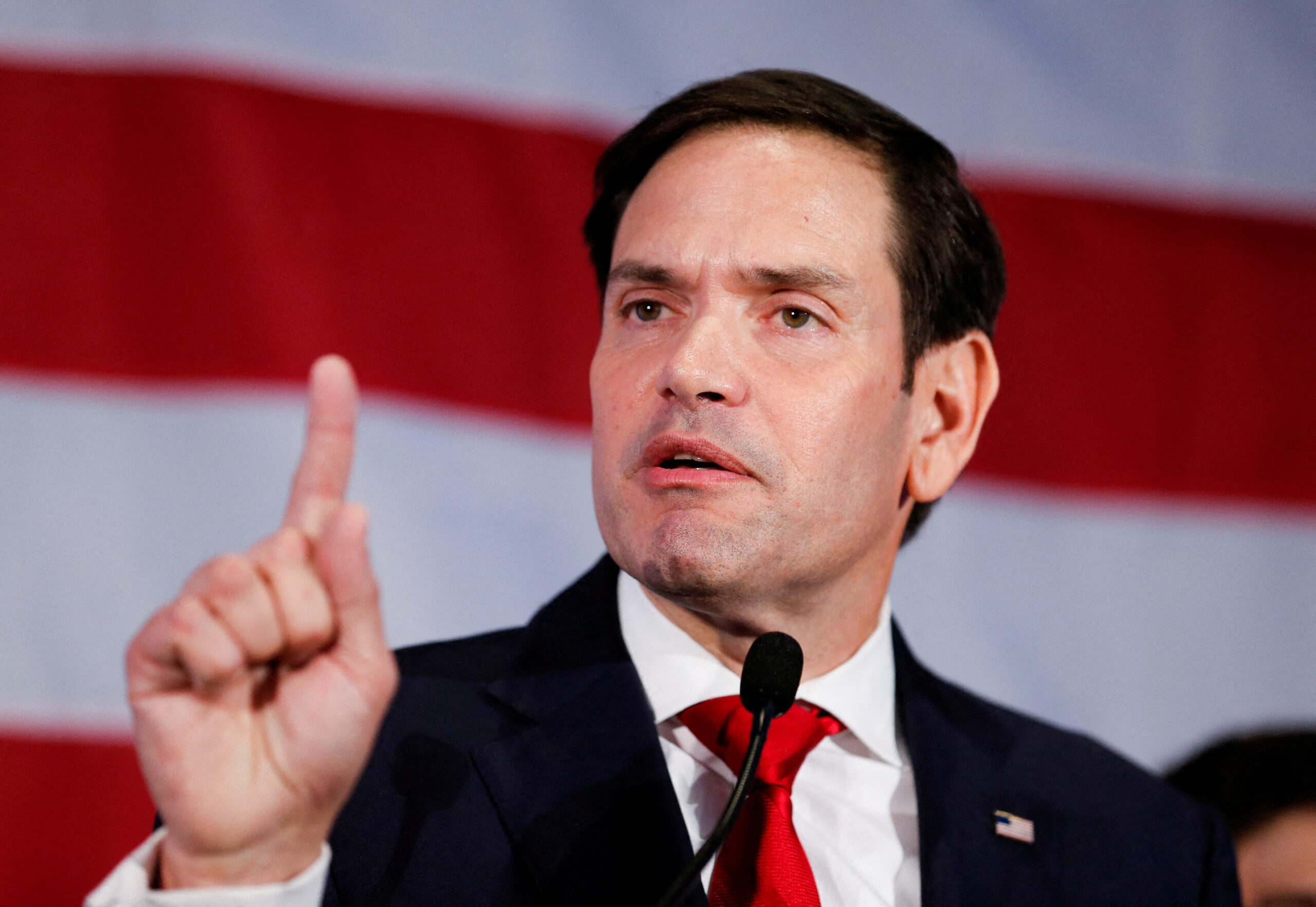In a political landscape already fraught with uncertainty, Senator Marco Rubio’s recent refusal to commit to accepting the results of the 2024 election has sent shockwaves through the nation. Amidst growing concerns about the integrity of the electoral process and the future of democracy, Rubio’s stance has ignited a firestorm of debate and speculation.
For many, Rubio’s reluctance to affirm a basic tenet of democratic governance represents a troubling departure from established norms. In a democracy, the peaceful transfer of power is sacrosanct, underpinning the very foundation of our political system. By casting doubt on this fundamental principle, Rubio risks undermining public trust in the electoral process and sowing seeds of division and discord.
Critics argue that Rubio’s stance is not only irresponsible but also dangerous. In an era marked by unprecedented political polarization and disinformation, elected officials have a moral obligation to uphold the integrity of the electoral process and respect the will of the voters. Failure to do so not only erodes the legitimacy of our democratic institutions but also sets a dangerous precedent for future generations.
At the same time, Rubio’s refusal to commit to accepting the election results reflects broader anxieties within the political establishment. In an age of heightened scrutiny and rampant misinformation, doubts about the fairness and transparency of elections have become increasingly commonplace. Against this backdrop, Rubio’s hedging may be seen as a symptom of larger systemic challenges facing American democracy.
Read More News:
- Celebrating Excellence: The 2024 All-Cherokee County Girls Lacrosse Squad
- Key Battleground States for the Biden-Trump 2024 Election
- Leading the Charge: Creekview’s Webb Earns Girls Lacrosse Coach of the Year
Ultimately, Rubio’s ambivalence underscores the urgent need for comprehensive electoral reform and renewed commitment to democratic principles. By shoring up safeguards against voter suppression, combating disinformation, and strengthening electoral institutions, policymakers can help restore faith in the electoral process and ensure that the will of the people prevails. As the nation stands at a crossroads, the stakes could not be higher. The question remains: will Senator Rubio heed the call of duty and stand on the side of democracy, or will his ambivalence pave the way for greater turmoil and uncertainty?

